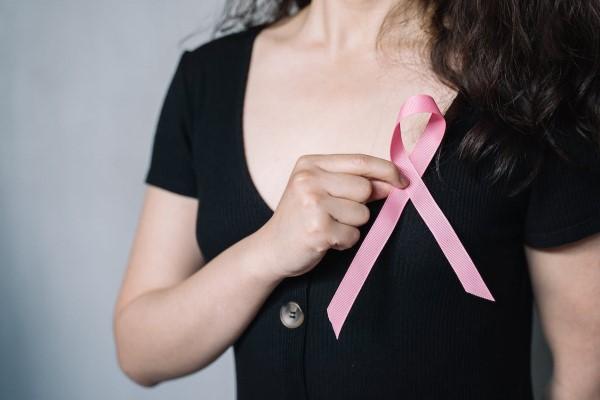
For Teachers & Professionals
The BETTER model for Sexual assessment in Cancer patients
With increasing cancer survivorship, the Healthcare Professionals’ (HCP) task has expanded from simply treating malignancies and improving survival rates, to addressing how survivors live their lives. Sexuality is an important aspect of quality of life; and, unfortunately, cancer and its treatments may impair sexual function in both men and women.
Regarding sexual health conversations, it is established that patients prefer their provider to initiate the topic. Normalizing and universalizing statements put the patient at ease and allow the patient to contextualize his or her situation. Patients feel more comfortable when their provider demonstrates ease with the topic. The physician should use simple, direct language; and within their comfort zone, they may model the level of explicitness of the sexuality discussion. Other critical elements include demonstrating awareness of the patient's cultural background, ensuring confidentiality, avoiding ageism, being judgmental, and assumptions about sexual orientation and monogamy. Interviewing couples alone and together will enable the healthcare practitioner to learn about and show interest in each party's perspective.
The BETTER Model can assist physicians to include sexuality assessment in the care of patients with cancer.
B—Bring up the topic of sexuality and sexual functioning. Bear in mind that sexual function and sexuality are distinct concepts. The first is a specific aspect of sexuality that includes gender and involves the mind and body. Sexuality is a combination of feelings and behaviours that are unique for each person.
E—Explain to the patient or partner that sexuality is part of the quality of life and can be discussed. Changes in body image can cause distress beyond the physical effects of cancer and cancer treatment. Alterations in physical appearance can significantly influence self-perception of sexual activity, attractiveness, and worthiness. A diagnosis of cancer can reduce the quality of life by disrupting relationships and interfering with the sexual relationship. Clinicians should place a great deal of importance on patient self-image, relationships with significant others, and individual lifestyles and recognize sexuality as a component of holistic care. Although sexuality most often is considered when cancer involves sexual organs, other cancers, cancer treatment, and associated symptoms and side effects also affect sexuality and body image.
T—Tell the patient that resources will be provided and about the healthcare team's willingness and interest in addressing sexual concerns. Discussing sexuality indicates that it is a legitimate topic that can be discussed any time that patients have a question or want to clarify information.
T—Time the discussion for when the patient wishes to raise the topic, emphasizing the patient can raise the topic at any time. These discussions should occur privately to facilitate interaction.
E—Educate the patient about the possible or expected changes or sexual side effects of treatment and available interventions for treatment-emergent sexual symptoms. Every evaluation of a patient with cancer should include questions about sexual concerns and difficulties. The diagnosis of cancer or the impact of cancer treatment on sexual function often can result in a painful, existential crisis. Education about altered desire, erectile dysfunction, and estrogen deficiencies is also important. Education must include the influence that cancer treatment may have on this aspect of their lives so that patients can maintain or resume intimate relationships.
R—Record in the patient's chart the content of the sexual health discussions, assessments, interventions or outcomes; recommend follow-up to further address the patient's concerns and questions.
Integrating information about sexuality into clinical practice can validate patients’ experiences and enhance their quality of life. When initially diagnosed, patients may be thinking about survival only. In every patient contact, HCPs must reiterate that all quality-of-life issues, including sexuality, are important. In this way, patients can discuss concerns whenever they need information.
REFERENCES
Althof, SE, Parish, SJ. (2013). Clinical interviewing techniques and sexuality questionnaires for male and female cancer patients. J Sex Med; 10(suppl 1): 35–42, 10: 1, 35–42.
Mick, JoAnn; Hughes, Mary; Cohen, Marlene Z. (2004). Using the BETTER Model to Assess Sexuality. Clinical Journal of Oncology Nursing, 8(1), 84–86. doi:10.1188/04.CJON.84-86
Share the knowledge!
More For Teachers & Professionals Q&A

Breast cancer, sexuality and communication

Alarm Model for the Assessment of Sexual Functioning in Cancer Patients

Sex-positive or Sex-negative?

Autism and Sexuality

The PANTS lesson plan

Intercultural Communication
This is a website that WE are building together. If you have a question there is no answer to on this site, send it here!
